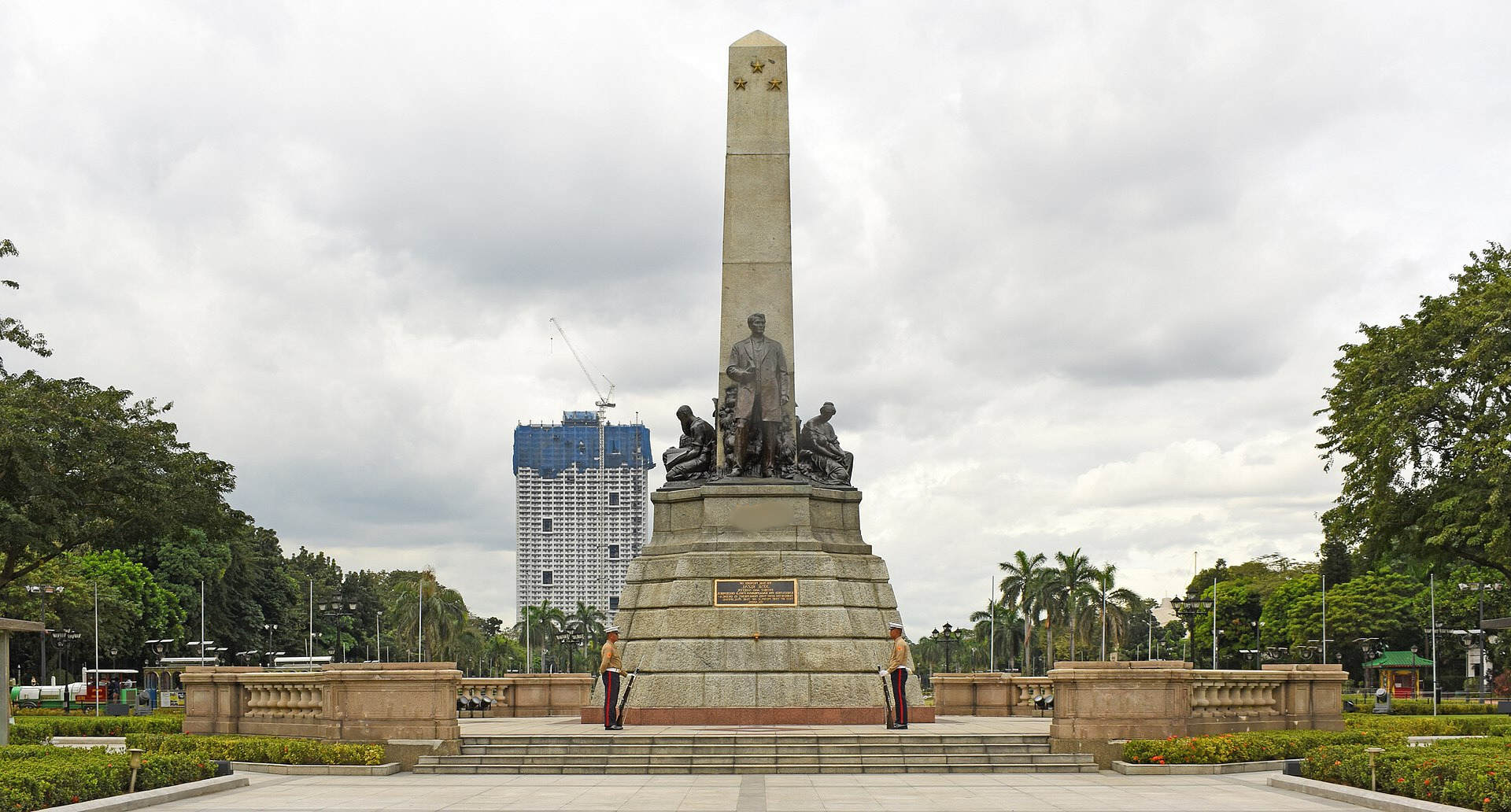The Remarkable Journey And Impact Of José Rizal: A Philippine Icon

José Rizal stands as a towering figure in Philippine history. Born in 1861, he became a national hero through his writings, which inspired a revolution against Spanish rule. His novels, "Noli Me Tangere" and "El Filibusterismo," exposed the injustices faced by Filipinos, sparking a sense of nationalism. Rizal's life was marked by his dedication to education, reform, and peaceful advocacy. Despite his execution in 1896, his legacy endures, influencing generations of Filipinos. Understanding Rizal's journey offers a glimpse into the struggles and triumphs that shaped the Philippines. His story remains a testament to the power of words and ideas in driving social change.
Early Life and Education
José Rizal, a national hero of the Philippines, had a fascinating early life that shaped his future endeavors. Born on June 19, 1861, in Calamba, Laguna, his upbringing and education played a crucial role in his development.
Calamba, Laguna: Rizal's birthplace, Calamba, is where he spent his childhood. The town's serene environment and his family's support fostered his love for learning.
Ateneo Municipal de Manila: Rizal attended this prestigious school in Manila, where he excelled academically. His time here laid the foundation for his future studies.
University of Santo Tomas: Rizal pursued higher education at this university, studying philosophy and letters. His experiences here broadened his intellectual horizons.
Travels and Studies Abroad
Rizal's thirst for knowledge led him to travel extensively and study in various countries. These experiences enriched his perspectives and fueled his passion for reform.
Madrid, Spain: Rizal studied medicine at the Universidad Central de Madrid. His time in Spain exposed him to liberal ideas and the plight of his fellow Filipinos under Spanish rule.
Paris, France: In Paris, Rizal furthered his medical studies and honed his skills in ophthalmology. The city's vibrant intellectual scene influenced his thoughts on social justice.
Heidelberg, Germany: Rizal completed his medical specialization in ophthalmology at the University of Heidelberg. His stay in Germany deepened his understanding of European culture and politics.
Literary Contributions
Rizal's writings played a pivotal role in awakening Filipino nationalism. His novels and essays highlighted the injustices faced by his countrymen and called for reforms.
Noli Me Tangere: This novel, written in Spanish, exposed the abuses of Spanish colonizers and the Catholic Church in the Philippines. It stirred nationalist sentiments among Filipinos.
El Filibusterismo: A sequel to Noli Me Tangere, this novel delved deeper into the social issues plaguing the Philippines. It inspired many to join the fight for independence.
La Solidaridad: Rizal contributed essays to this publication, advocating for political reforms and equality. His writings in La Solidaridad reached a wide audience and garnered support for the Filipino cause.
Advocacy and Reform Efforts
Rizal's advocacy for peaceful reforms and his involvement in various organizations showcased his commitment to improving the lives of Filipinos.
Propaganda Movement: Rizal was a key figure in this movement, which aimed to promote Filipino rights and reforms through peaceful means. His leadership and writings were instrumental in its success.
Liga Filipina: Rizal founded this organization to unite Filipinos and push for reforms. Although short-lived, it laid the groundwork for future revolutionary movements.
Arrest, Exile, and Execution
Rizal's activism eventually led to his arrest, exile, and execution. These events marked the culmination of his efforts and solidified his legacy as a martyr for Philippine independence.
Dapitan, Zamboanga del Norte: Rizal was exiled to Dapitan, where he continued his work as a doctor, teacher, and community leader. His contributions to the local community were significant.
Fort Santiago, Manila: Rizal was imprisoned in Fort Santiago before his execution. His final days were spent writing letters and poems, reflecting on his life and mission.
Bagumbayan (Luneta) Park: On December 30, 1896, Rizal was executed by firing squad in Bagumbayan, now known as Luneta Park. His death ignited the flames of revolution and inspired countless Filipinos to fight for independence.
José Rizal's Enduring Legacy
José Rizal's contributions to the Philippines go beyond his writings. His dedication to freedom, education, and nationalism inspired countless Filipinos. Rizal's novels, "Noli Me Tangere" and "El Filibusterismo," exposed the injustices under Spanish rule. His martyrdom ignited the Philippine Revolution, leading to independence.
Rizal's influence remains strong today. Schools, streets, and monuments bear his name, reminding everyone of his sacrifices. His life story teaches the importance of standing up for one's beliefs and fighting for justice. Rizal's vision for a free and educated Philippines continues to inspire new generations.
Understanding Rizal's impact helps appreciate the country's history and the struggles faced. His legacy is a testament to the power of words and actions in shaping a nation's destiny. José Rizal will always be a symbol of hope, courage, and resilience for the Filipino people.

